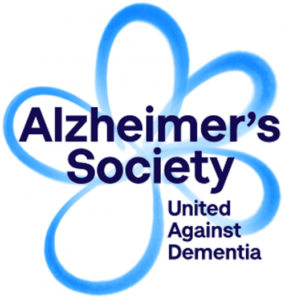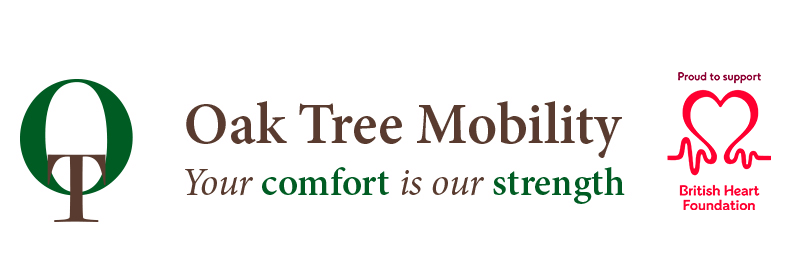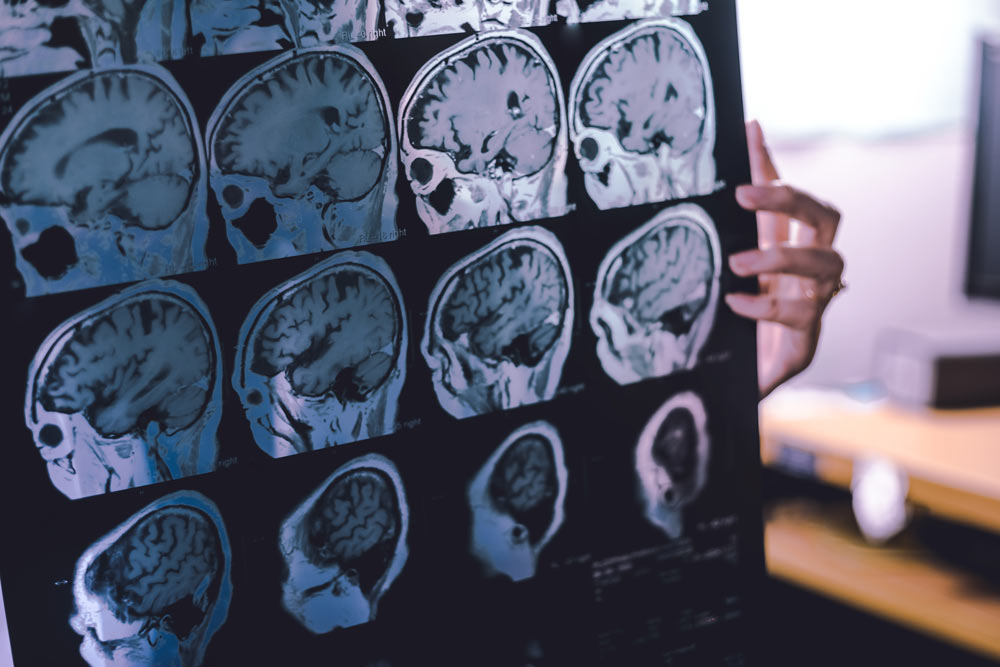 “The Alzheimer’s Society’s dementia research shows many people are worried that they will ‘say the wrong thing’ when talking to someone with dementia. Despite almost all of us knowing someone affected with dementia, two-thirds of people with dementia say they feel isolated and lonely.
“The Alzheimer’s Society’s dementia research shows many people are worried that they will ‘say the wrong thing’ when talking to someone with dementia. Despite almost all of us knowing someone affected with dementia, two-thirds of people with dementia say they feel isolated and lonely.
As part of Dementia Action Week, The Alzheimer’s Society is encouraging everyone to act by starting a conversation with someone with dementia. Whether it’s a relative or a neighbour, just start talking.”
The Alzheimer’s Society has published this video of children talking to people with dementia to change misconceptions and show that people with dementia are still themselves.
Helping people who are suffering from dementia has to start with knowing more about the disease. We’ve provided some information to help answer any questions you might have.
What is Dementia?
A common misconception is that dementia is a disease itself, but it only describes a set of symptoms, including memory loss and difficulties with thinking, problem-solving, language or perception. They may also experience changes in mood or behaviour.
The symptoms are progressive and become severe enough to affect everyday life. However, dementia is not a natural part of ageing. Instead, it comes when the brain is damaged by diseases such as a loss of nerve cells that cannot be replaced, Alzheimer’s disease or from a series of strokes. When brain cells die, the brain shrinks, which can be seen on a brain scan.
The symptoms that someone experiences will depend on the part of the brain that is damaged or which disease is causing dementia.
What are the symptoms of dementia?
People with dementia might experience problems with…
- Day-to-day memory problems or remembering recent events.
- Concentrating, planning or organising, for example, difficulties making decisions, problem-solving or carrying out a sequence of tasks.
- Language or having trouble following a conversation or finding the right words to say.
- Visual perception like judging the distance of stairs or seeing objects in different dimensions.
- Orientation like losing track of the day or date and becoming confused as to where they are.
- Mood, for instance, they might become irritable, frustrated, apathetic, withdrawn, anxious or easily upset. They might see things that aren’t there or believe strongly things that are not true.
Each person will experience symptoms differently. Symptoms depend on the area of the brain that’s affected. However, how it affects people also depends on how other people respond to them and the environment around them.
Because it is progressive you need to look for changes in behaviour that are unusual or out of character, for example, are they asking the same question over and over? Are they restless or agitated? These symptoms might indicate early stages. In the later stages, you might notice symptoms such as muscle weakness or weight loss, changes in appetite or sleep pattern.
What causes dementia?
Alzheimer’s Disease
This is the most common cause. This is when an abnormal protein surrounds the brain cells ultimately damaging their structure and connection leading to cell death.
Vascular Dementia
If the oxygen supply to the brain is reduced because of a narrowing or blockage of blood vessels, some brain cells become damaged or die. This can happen suddenly after a stroke or gradually because of a series of small strokes. Vascular dementia can also be caused by small blood vessels deep in the brain, known as subcortical vascular dementia.
Mixed dementia
This is when someone has dementia caused by both vascular and Alzheimer’s disease.
Dementia with Lewy bodies
This involves tiny abnormal structures (Lewy bodies) forming inside brain cells. They disrupt the chemistry of the brain and kill brain cells. This disease is also closely related to Parkinson’s disease.
Frontotemporal dementia (including Pick’s disease)
This is when the front and sides of the brain are damaged, but is, in essence, similar to the symptoms of Alzheimer’s Disease.
Who gets dementia?
Dementia mainly affects people over the age of 65 (one in fourteen people in this age group have dementia) and the likelihood of developing it increases with age.
However, 42,000 people in the UK under 65 also have dementia.
There is research to suggest that it might run in the family in a very small number of people.
How can I tell if I have dementia?
Just because you become a bit more forgetful or your thinking is getting slower does not mean you have dementia.
Instead, look for…
- Not being able to remember recent events but you can still remember things in the past.
- Finding it harder to follow conversations or TV programmes
- Forgetting the names of friends or everyday objects.
- Struggling to recall things you’ve recently heard or read.
- Regularly lose the thread of what you’re saying.
- Leaving objects in unusual places.
- Having problems thinking or reasoning.
- Feeling anxious, depressed or angry.
- Feeling confused even in a familiar environment or getting lost on familiar journeys.
- Finding that people are commenting on your forgetfulness.
- Does your family have a history of dementia?
If you’re worried about any of these symptoms you should visit your GP.
Diagnosing dementia
Seeing a GP is so important because the memory loss might not be caused by dementia. Getting the right diagnosis and treatment is paramount, even if it’s just an explanation for your symptoms. Having the right treatment and support allows you to plan for the future.
Dementia will be diagnosed by either…
- A psychiatrist – a specialist in mental health.
- A geriatrician – a specialist in the physical health of older people.
- A neurologist – a specialist in the nervous system.
- Occasionally a specialist GP or nurse depending on their expertise and training.
There is no single test for dementia, a diagnosis might come from a number of things, including…
- Taking a ‘history’ – this will include a doctor talking to someone who is close to the patient and talking about their symptoms.
- Physical examination and test, for example, a blood test, to rule out any other causes.
- Mental ability tests like memory or thinking, conducted by a nurse, doctor or specialist.
- A brain scan.
Treatments for dementia
The majoring of causes of dementia cannot be cured, although research is continuing to develop drugs, vaccines and other medical treatments.

Non-drug treatments and support
This includes information, advice, support, therapies and activities. Look for these from the GP, memory service or local Alzheimer’s societies for more information.
People who have been newly diagnosed will need to talk things over with a professional so they can plan for the future.
Treatments include…
- Talking therapies and counselling to help someone come to terms with the diagnosis.
- Cognitive behavioural therapy might be offered to someone with depression or anxiety.
- Cognitive stimulation therapy will help keep someone’s mind active.
- Cognitive rehabilitation can help an individual to retain skills and cope better. There are also things to help someone remain independent at home. Like pillboxes, calendar clocks and routines.
- Life Story Work – this is when a patient is encouraged to tell their life experiences and memories or reminiscence work to help someone’s mood, wellbeing and mental abilities.
- Music, art and singing – it’s vital that people with dementia stay active, physically, mentally and socially. It will increase confidence and self-esteem.
Drug Treatments
There are drugs to help with symptoms and to stop the progression for a while.
Someone with mild or moderate Alzheimer’s disease or mixed dementia might be prescribed donepezil, rivastigmine or galantamine. These may give temporary help with memory, motivation, concentration and daily living.
These drugs can also be used to help someone with Lewy bodies if they’re having hallucinations, delusions or challenging behaviour.
In a more severe stage, someone might be offered memantine. This may help with attention and daily living, and possibly ease distress or change of behaviours.
For vascular dementia, the cause is treated, like high blood pressure, high cholesterol, diabetes or heart problems. Controlling these may help slow dementia.
Drugs to help depression, anxiety or sleep tablets and antipsychotics can also help. However, these have severe side-effects and a non-drug treatment will be recommended first unless the person’s symptoms are very severe.
Can dementia be prevented?
There is no known reason why a person develops dementia, other than ageing which is the biggest risk factor, and this cannot be controlled.
However, there are other ways you can reduce the risk of you getting it. For example, …
- Reducing high blood pressure, increasing physical exercise and reducing smoking, all of which narrows your arteries, increasing the risk of Alzheimer’s and dementia. So keep a healthy lifestyle, especially in mid-life. Take regular exercise, maintain a healthy weight, don’t smoke and drink alcohol in moderation.
- Keep a balanced diet, one that is low in saturated fats, doesn’t have too much salt and sugar or red meat. Include plenty of fish, starchy food and fruit and vegetables.
- If you already are living with diabetes, heart problems, high blood pressure or high cholesterol follow a professional to keep the condition under control.
- Treat depression early.
- Keep mental and socially active in later life. Do puzzles, read or learn a new skill. Regularly visit friends or volunteer to keep the mind and body active.
All this information comes from the Alzheimer’s Society website.








